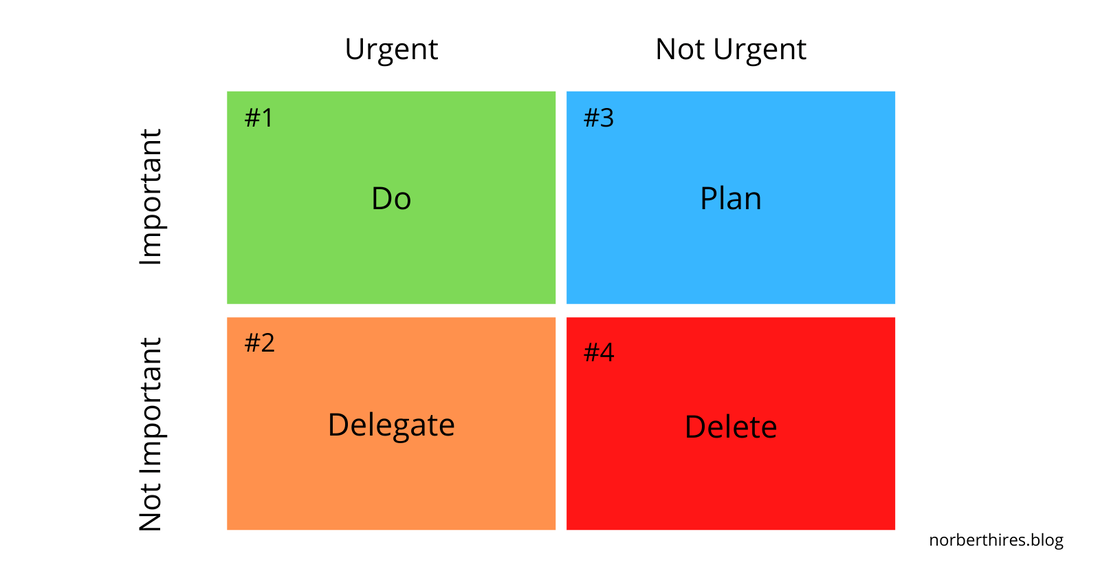|
Losing things, forgetting appointments, waiting til the last minute, feeling overwhelmed by too much to do… sound familiar? I imagine you’ve been encouraged to “get organized” since your earliest memories, if not by parents then by teachers. You’ve been taught lots of different systems and forced to do things someone else’s way. Now that you’re fully grown, you have the double-edged sword of “getting to” and “having to” figure out and implement your own organizational system. Unfortunately, life is too complicated to manage without some kind of system. That could be the Notes app on your phone, Google Calendar, a paper or whiteboard to-do list, a spiral or leatherbound organizer, or anything else you can imagine. But we all need something to keep track of all the stuff we need to get done. When making lists, remember to break tasks down into tiny parts. For example, instead of listing the single task of “Prepare for garage sale”, identify three specific tasks to get started:
We also need a method for moving through the tasks on our list. You might find that different days call for different methods. It’s good to have a few systems in your mental file folder to help structure your work flow. Here are some organization systems to consider: Task Multiplication/Puttering. AD/HDers tend to be naturals at this. Flitting from one task to the next with a flexible time frame and no extreme urgency. It can be really satisfying to take your time and move gently through small chores and tasks as they come to your attention or as they present themselves. This is especially useful for tasks that don’t require intense thought and can be paired with music, podcasts, or audiobooks. The Eisenhower Matrix. This is a simple tool to help group and prioritize your tasks. Its graphic nature appeals to the AD/HD brain. The strategy identifies tasks according to how important and urgent they are.
Using the Eisenhower Matrix, tasks are placed into one of four categories:
The Ivy Lee Method. Plan your day in the morning or the night before. Here is the process:
Project Division. When you have a big project with a due date out in the future, you may be tempted to ignore it in favor of tasks that are due sooner. We all know how that feels the night before the deadline! In order to avoid that stress, you can do some easy math and create a manageable plan for your project.
Extend yourself compassionCompleting a long list of tasks or a big project can be a grueling and thrilling experience. We get bursts of energizing neurochemicals from the challenge of finishing a daunting task. It’s not unusual to feel depleted, down, and even depressed after a success. As the chemical rush wears off, mental and physical exhaustion often step in. Sometimes anxiety joins the party, as we critique our own work and wonder if we did our best. This can be a surprising experience, as we might expect to feel elated and self-satisfied.
Feeling down after accomplishing something significant calls for a big dose of self-compassion. Care for your emotions by allowing them to come and go naturally. Care for your body with good food, comfort, and rest. Care for your spirit by laughing or connecting with someone you enjoy. For more support with AD/HD and other mental health topics, visit Humanest.
0 Comments
Leave a Reply. |
some kind words From Karen's clients...
